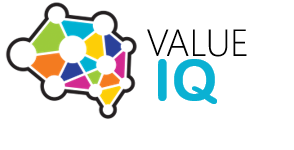The opiod crisis is making insurers take alternative medicine seriously
/Now they’re looking for other ways to help patients manage chronic pain—such as acupuncture and chiropractic care.
In the past decade, some in the medical community have come to endorse alternative forms of medical practice such as reiki, acupuncture, and even scientifically dubious practices like energy healing. For hospitals, alternative medicine has become a distinguishing and sellable feature set that is helping to prop up their revenue. However, insurance has been slow to cover these services, some of which don’t have any scientific backing.
ut insurers are slowly becoming more willing to pay for some of the longer-established alternative medicines such as meditation, chiropractic care, and acupuncture, which recent studies show can help with chronic pain management. As regulators and health systems move to reduce opioid prescriptions, health insurers are giving these treatments a second look.
The latest support for alternative medicine comes from the Center for Medicare and Medicaid Services (CMS). Last month, the nation’s largest healthcare payer expanded its coverage to include acupuncture for lower back pain. CMS will cover up to 12 sessions taken over the course of 90 days with the potential for eight additional sessions if the patient shows improvement. However, since acupuncturists are not recognized by CMS and cannot bill for services, acupuncture work must be done by a trained nurse practitioner, physician, or physicians assistant within a traditional doctors’ office. Still, the move illustrates a willingness by one of the most scrutinous payers in the country to find value in methods that it previously treated skeptically.





